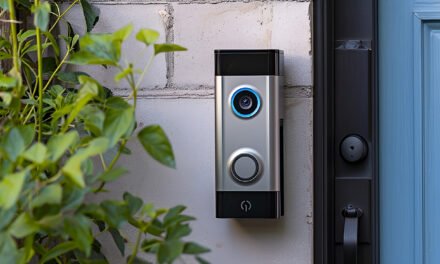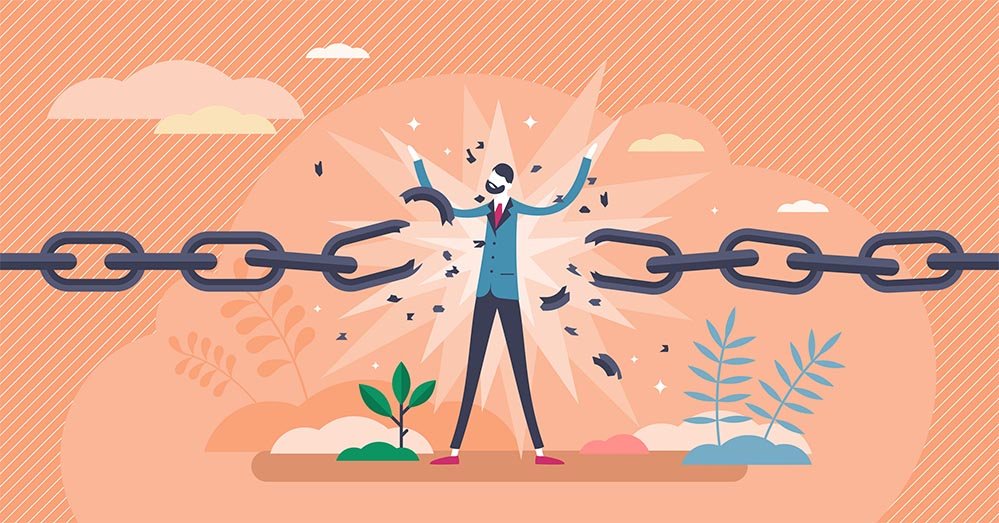Personal Power, Embrace And Understand it. Those who strive to be their personal best may already know of Anthony Robbins. In fact, when thinking of our innermost power, his teachings easily comes to mind. It’s hard not to find inspiration when he talks about unlimited intrinsic power.
It’s difficult to embrace our personal best if we don’t truly understand how to recognize the potential of personal power. Unless you’re a faithful follower of Anthony Robbins, having a true understanding of living with unlimited personal power takes effort and, unfortunately, most of us don’t know where to start.
Anthony Robbins’ teachings aside, to grasp the concept of deep-seated power and how to use it to get what we want from life, we need to not just know what personal power is, but to realize how it can affect our lives.
Here is the best definition of what personal power is:
Personal power is strength, confidence, and competence that individuals gradually gain through the course of their lives. It’s not something that’s given to you, it’s something generated from within. It’s about the mastery of self.
These are the words of Robert Firestone, PhD, written in his book The Ethics of Personal Relationship. His description of personal power exemplifies exactly what we all would like personal power to be once we fully grasp what it means individually. Still, before we can get to a definition as concise and aspiring as Robert Firestone, we should know more about the negative and the positive aspects. According to Psychology Today, there are three types of power.
Covert Negative Power
Based on passive aggression, noticeable in individuals with self-destructive behaviors. These types of individual manipulate others by arousing feelings of fear, guilt and anger. Those exhibiting this type of power can manipulate and dominate others using fear as a catalyst.
Overt Negative Power
Similar to covert negative power, we associate this type of power with the tyrannical leadership of governments, and someone trying to assert domination or forced control. This type of power is destructive and elicits fear in order to maintain control.
Personal Power
While overt and covert powers are negative aspects of power, personal power is positive. It is about determination and an innate ability to strengthen our capacity from within. Calling upon our personal power is akin to finding meaning in every aspect of our lives. When we strive to develop our personal power, we want to reinforce mastery of ourselves, not others. It’s having a positive mental outlook that’s based on our positive sense of self.
Knowing about the different aspects of negative power versus positive power can help us understand certain social issues and their effect on ourselves and society. However, the true life-changer is understanding the benefits of tapping into our personal power, and doing our best to incorporate it into our lives. Our appreciation and acceptance of the power we have within can produce life-changing results.
Three Approach to Reclaiming Your Personal Power
Personal power is not for the few. There isn’t a set of people that solely can tap into their internal power. We all can reach our inner depths. It’s within each of us to find happiness and love; to develop our lives in a manner we can be proud of.
To truly experience our personal best, we must let go of all the things standing in the way of experiencing personal growth. Some things that impede us may be fear, lack of confidence, simply not believing in the power we have within. It’s when we find the courage to believe in ourselves, to not just think, but know our goals are reachable – that is when we can draw on our personal power. Here are three ways we can tap into our personal power and soar.
Self-development
A part of cultivating inner power relates to the development of self. One way we can grow is to adjust our lives to meet the standards we set for ourselves. It’s hard to embrace our personal power if we are complacent in all areas of our lives. That is why it’s important to establish standards that help to avoid tendencies that may interfere with our intentions.
Self-compassion
The power we have within grows stronger when we let go of negative beliefs and thoughts. Consider the moments we tell ourselves we are not good enough or that our efforts are insignificant. These are perfect examples of when we should exercise self-love.
When we show ourselves compassion, we are letting go of anxiety, developing coping skills that will contribute to our overall well-being. It’s difficult to end self-criticism, but if we want to tap into our inner power, we have to try loving ourselves first. Personal power without self-compassion is not possible.
Solutions oriented not focus on problems
It doesn’t matter what problems or issues we may have. How we deal with them is what’s important. When we choose to not always see the worst in a situation, when we focus on finding a solution, we grow stronger.
Think of our mindset when we focus on a problem versus finding a solution for that problem. When we allow problems to rule our lives, we feel bewildered and unhappy. When we choose to be positive and focus on solutions, we feel empowered and productive. That feeling of empowerment is comparable to tapping into our personal power.
These and many other approaches can help to master inherent power. Whatever path we choose to take, the ability to master the power within is there for us to embrace. When we choose to being proactive, and motivated to do what it takes to meet our goals, that is when we feel the fervor of the power we have within.








[…] Related: Personal Power, How To Understand & Embrace it […]
[…] Related: Personal Power, How To Understand And Embrace It […]